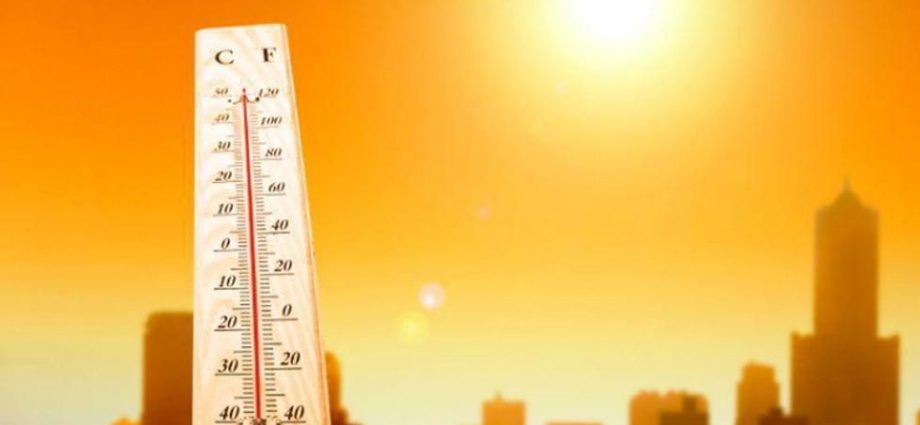WEDNESDAY, Feb. 9, 2022 (HealthDay News) — Global warming will lead to longer, hotter summers. But cranking up the air conditioning may not be a viable solution, a new study warns.
The investigators found climate change could drive Americans’ demand for A/C to exceed the nation’s electricity-producing capacity within a decade.
That could lead to prolonged blackouts during summer heat waves, putting many lives at risk, the researchers recently reported in the journal Earth’s Future.
“It’s a pretty clear warning to all of us that we can’t keep doing what we are doing or our energy system will break down in the next few decades, simply because of the summertime air conditioning,” Susanne Benz, a geographer and climate scientist at Dalhousie University in Canada, said in a news release from American Geophysical Union. She was not involved in the new study.
The researchers said the global climate is expected to exceed 1.5 degrees Celsius (2.7 degrees Fahrenheit) of warming by the early 2030s, which could push summer air conditioning demand in the United States to rise between 8% and 13%.
As a result, average U.S. households could face up to eight days without air conditioning during the summer, but those in some Midwestern states could have 12 days without A/C.
The projections suggest what could happen if nothing is done to expand electricity production, increase efficiency and take steps to fight climate change, according to the study authors.
The study focused solely on the impacts of climate change, and did not take into account possible population increases, changes in wealth, behavior or other factors that affect air conditioning demand, the researchers noted.
“We tried to isolate just the impact of climate change. If nothing changes, if we, as a society, refuse to adapt, if we don’t match the efficiency demands, what would that mean?” said lead study author Renee Obringer, an environmental engineer at Penn State University.
“We’ve seen this in California already — state power suppliers had to institute blackouts because they couldn’t provide the needed electricity,” Obringer said.
That resulted in 599 heat-related deaths, according to official state data, but the actual number may have been closer to 3,900.
Those most likely to be affected by a loss of air conditioning due to power outages include low income, non-white and older people, Obringer noted.
Benz said, “When they say there’s going to be two weeks where you don’t have cooling on average — in reality, some people will have cooling. Disadvantaged people will have less cooling.”
More information
For more on extreme heat, go to the U.S. Centers for Disease Control and Prevention.
SOURCE: American Geophysical Union, news release, Feb. 3, 2022
Copyright © 2026 HealthDay. All rights reserved.

